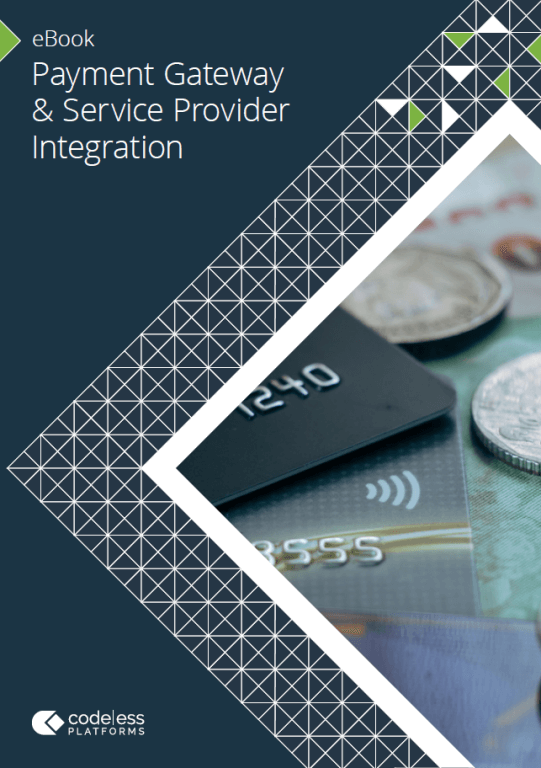If you are running a business, or plan on setting one up, you seriously need to consider your payment channels. For a business to be successful in this current market it needs to be able to cater for online payments, digital wallet services, new mobile point-of-sale technologies as well as front-end consumer technologies such as mobile apps. The growing demand for digital payment services has driven a requirement for online payment gateway integration with accounting and ERP systems.
As business grows and more and more transactions start entering the system an organisation will need to look at automating these processes, otherwise they will have to employ more staff just to monitor or report on exceptions that may or may not occur.
What’s Inside?
- The rise of mobile and online payments
- What are payment service providers (PSPs)?
- The limitations of payment gateways
- Automating bank reconciliation and payment monitoring
Excerpt
There are numerous payment service providers available. Some, such as PayPal, Sage Pay, Worldpay and Stripe, are more widely known than others, but most should be easy to integrate with any eCommerce platform. The main issue that arises is their integration with accounting, CRM or ERP packages.


